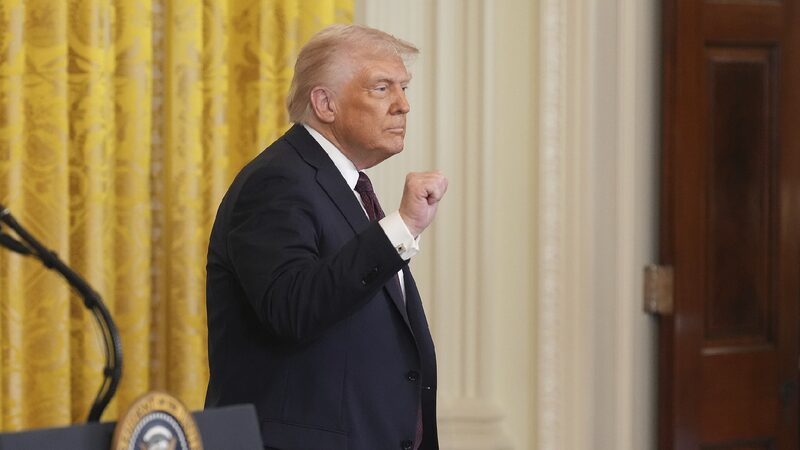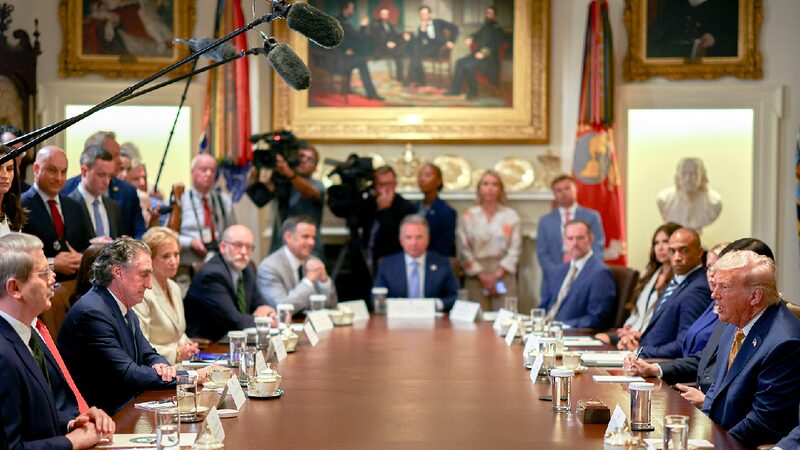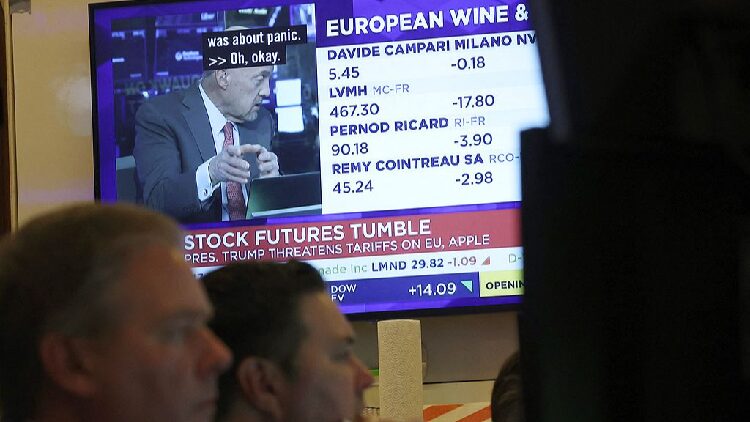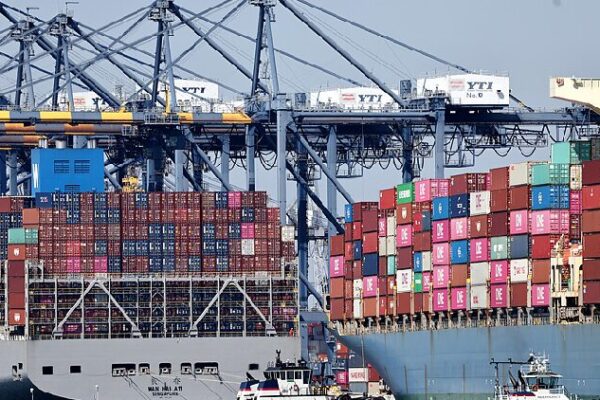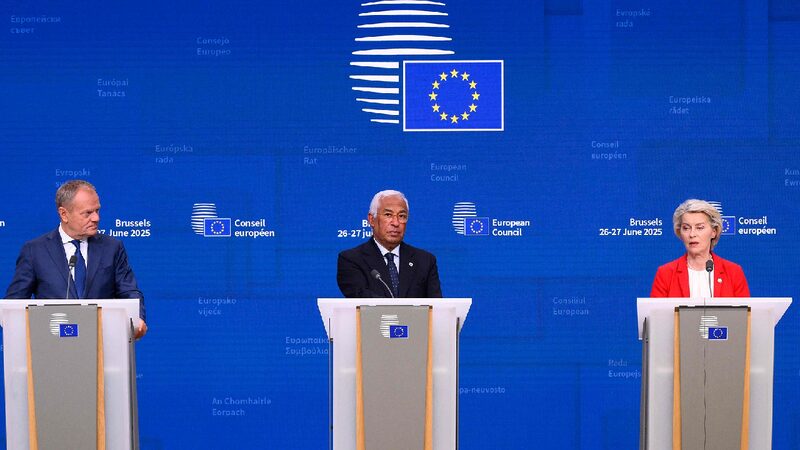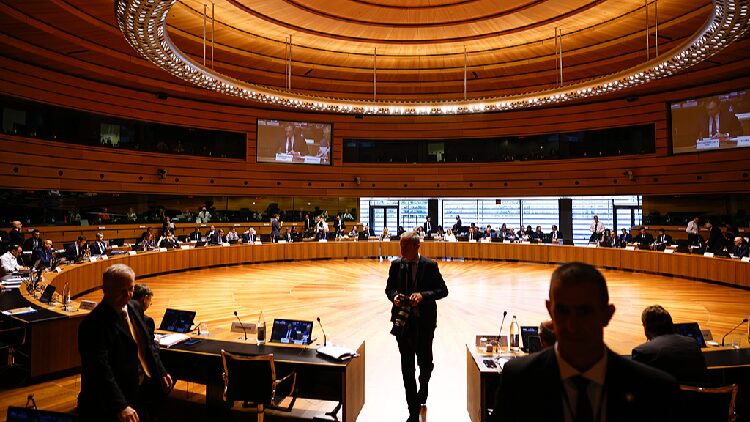U.S. President Donald Trump announced on Monday that he might grant tariff exemptions to various countries, just days before his April 2 deadline to impose “reciprocal tariffs” on trading partners.
“I may give a lot of countries breaks, but it’s reciprocal,” Trump told reporters at the White House. His comments suggest potential relief for some nations as the U.S. moves toward implementing new trade measures.
Trump highlighted recent negotiations with the European Union (EU), noting that the EU agreed to lower car tariffs to 2.5 percent as part of a deal with his administration. “We’ll be announcing some additional tariffs over the next few days, having to do with automobiles, cars, and having also to do a little bit with lumber down the road, lumber and chips,” he said.
The President emphasized the significance of the upcoming deadline, referring to April 2 as “reciprocal day.” He stated, “We’ll be bringing some of the money back that’s been taken from us.”
Earlier in the day, Trump took to social media to announce a 25 percent tariff on any nation purchasing oil or gas from Venezuela. He accused the Latin American country of sending “tens of thousands of” criminals to the United States.
When asked if the 25 percent tariff would be “on top of existing tariffs,” Trump affirmed, “Yes.”
These developments come amid growing concerns about the U.S. economy. Economists and investors warn that unpredictable trade and economic policies could increase the risk of a recession, sometimes referred to as a “Trumpcession.”
Bruce Kasman, chief global economist at JPMorgan, recently expressed heightened worries about the economic outlook. Speaking in Singapore earlier this month, he revealed that the investment bank now estimates a 40 percent chance of a U.S. recession this year.
As the April 2 deadline approaches, global markets and trading partners are closely watching the U.S.’s next moves on trade policy, anticipating potential impacts on the international economy.
Reference(s):
Trump says he may 'give a lot of countries breaks' on tariffs
cgtn.com
